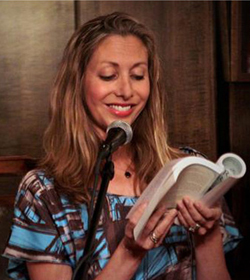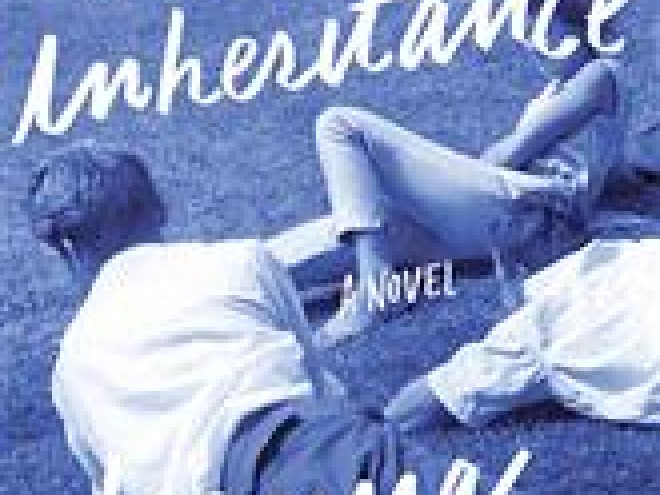 When I was twenty, I met a charming elderly man on a train in Greece who told me I looked like an angel. He insisted on escorting me to my destination. At some point during our time together, during the man’s patient explanation of Greek history, he explained to me that the Jews were evil.
When I was twenty, I met a charming elderly man on a train in Greece who told me I looked like an angel. He insisted on escorting me to my destination. At some point during our time together, during the man’s patient explanation of Greek history, he explained to me that the Jews were evil.
I looked him in the eyes and said: But I’m Jewish.
No, he said, no, no. As if I was merely confused.
Yes, I assured him. I’m a Jew. This was one hundred percent true and my family (as far as we know) is one hundred percent Jewish. There was nothing complicated about that fact.
And I was raised by my parents to marry someone Jewish. There was no ambivalence there, no liberal-minded wiggle room.
When I met my husband in my mid-twenties, he was living in a small town at the bottom of the Baja Peninsula. He is neither Mexican nor is he Jewish. We fell madly in love and that was that. Though he is not a fan of organized religion, he agreed to raise our future children Jewish, but this was going to be my responsibility. How, I wondered, was I going to nurture a religious identity, when my own life didn’t include much in the way of religious ritual?
Before our twin boys were born, I tried to articulate what I wanted in terms of passing on Jewish tradition, and I usually returned to this: I want them to feel Jewish.
But they will, my husband always calmly explained. You’ll make sure they do, because it’s important to you.
But is it? I wondered.
It is, he assured me.
We’ve always spent most of our winters living in Mexico, and this was the fourth winter our boys have gone to school there. We have an international community of friends and it’s a life we treasure. This past winter one of my seven-year-old sons came home from school and he looked upset.
What’s the matter? I asked.
He told me how a boy had announced that Christians were better than Jews. And that hurt my feelings, my son said, because I’m a Jew.
It was obviously a distressing moment, but I admit I felt a tiny twist of relief. Because despite having lived a largely secular life, despite being part of a family tree that is one half gentile, there was no question that my son felt personally insulted. And though of course I don’t want my child to feel insulted, I was also grateful to know he felt this sense of Jewish belonging. What followed, that afternoon, was a discussion about identity and religion and bigotry. We asked each other questions, my son and I. We each went on at length. It was — I realized — a very Jewish conversation.
Read more about Joanna Hershon here.
Joanna Hershon is the author of the novels Swimming, The Outside of August, The German Bride, and A Dual Inheritance. Her writing has appeared in Granta, The New York Times, One Story, Virginia Quarterly Review, and two literary anthologies, Brooklyn Was Mine and Freud’s Blind Spot. She is an adjunct assistant professor in the Creative Writing Department at Columbia University and lives in Brooklyn with her husband, the painter Derek Buckner, their twin sons, and their daughter.

